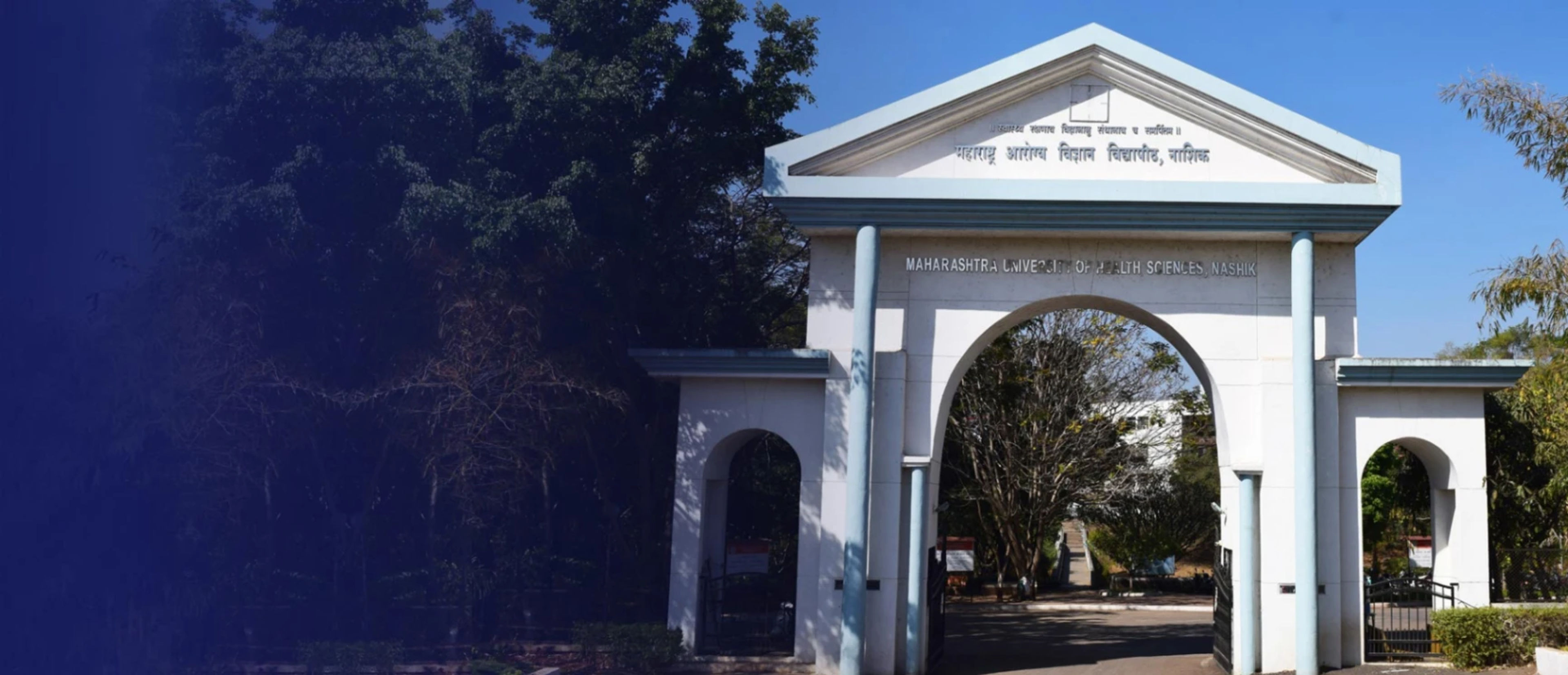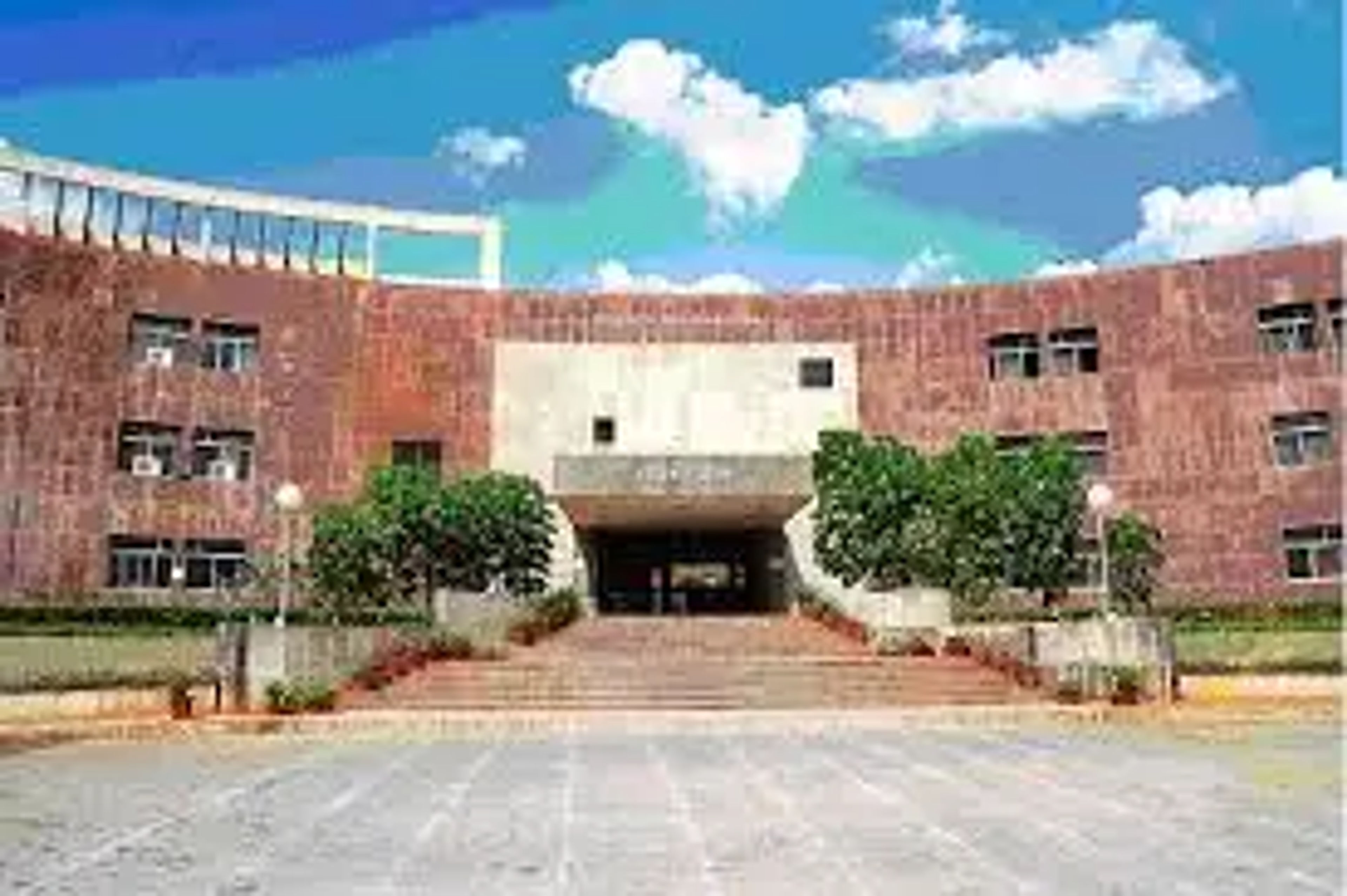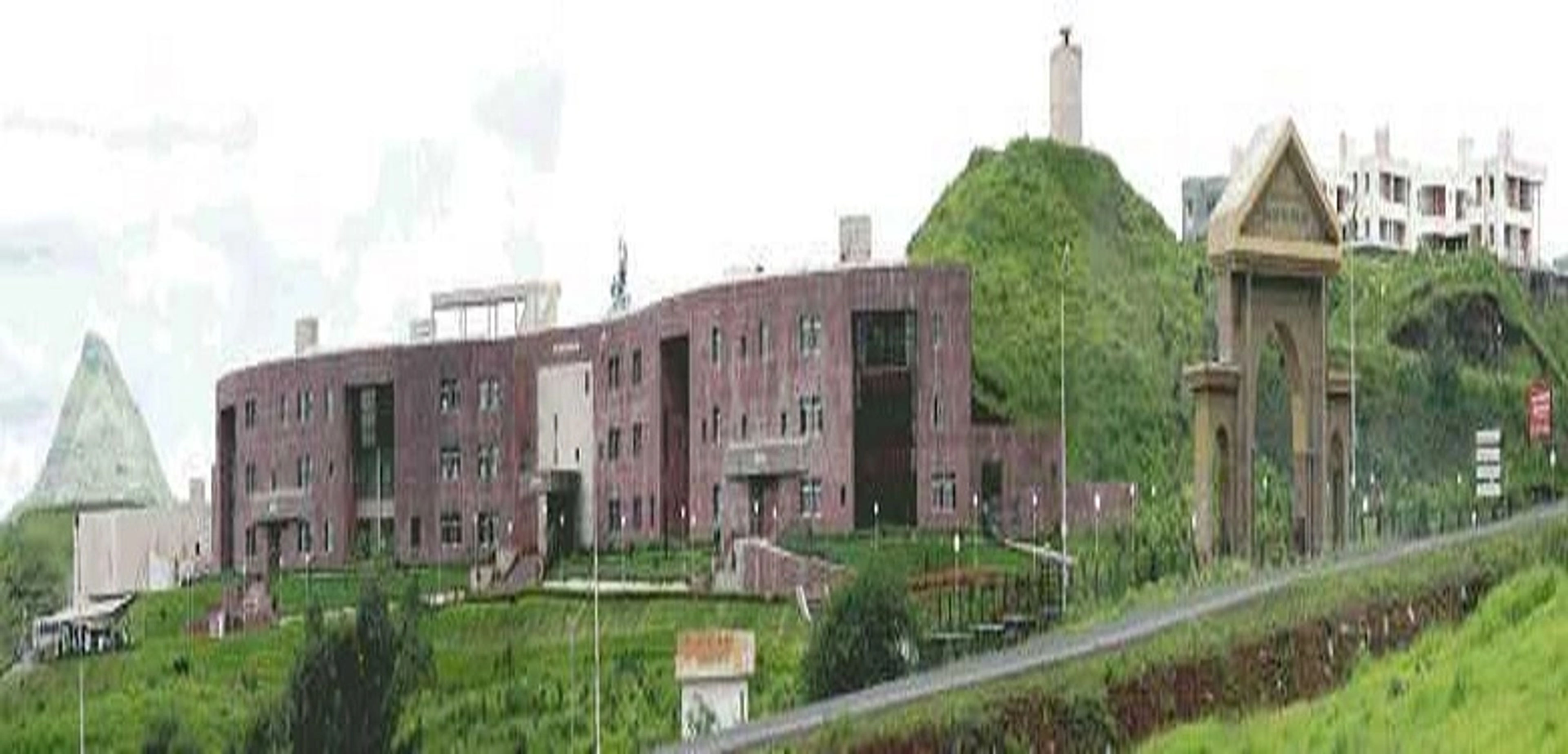BSc : Full Form, Courses, Admission, Jobs, Syllabus, Duration, Fees, Eligibility, Salary
Bachelor of Science [B.Sc]
BSc Course Overview
BSc Course Latest Updates
- Admissions for BSc 2025-2026 are ongoing in various government and private institutes across India, with sessions typically starting in July/August. Many universities are using CUET UG scores for merit-based admissions, while some conduct their own entrance tests. Check official websites for specific deadlines and counseling rounds.
The Bachelor of Science (BSc) is a three-year undergraduate degree program in the science stream, designed to provide a strong foundation in scientific principles and methodologies. It covers a wide range of subjects, including Physics, Chemistry, Mathematics, Biology, Computer Science, and specialized fields like Biotechnology, Microbiology, and Environmental Science. Students gain theoretical knowledge along with practical skills through lab work, projects, and research. Top institutions offering BSc include Delhi University, Banaras Hindu University, Christ University, and St. Xavier's College. Tuition fees range from ₹5,000–₹50,000 per year in government colleges and ₹50,000–₹2,00,000 in private ones.
Graduates have excellent employment prospects in research, education, IT, pharmaceuticals, and more, with top recruiters like TCS, Infosys, Wipro, DRDO, and Biocon. Average starting salary is ₹3,00,000–₹7,00,000 per year in India, higher with specializations or abroad. Approximately 2,00,000–3,00,000 seats are available annually across government and private colleges in India.
BSc: Quick Highlights
A Bachelor of Science (B.Sc) is a three-year undergraduate program focusing on scientific and technical knowledge. With multiple options available for study, relatively low fees for study, great employment opportunities, ranging from research and development, information technology, health care, and education, all contribute to overwhelming choices for undergraduate students. Check the table below for quick details.
Particulars | Details |
Full Form | Bachelor of Science |
Level | Undergraduate |
Duration | 3 years (6 semesters) |
Type | Academic Degree |
Application Mode | Online/Offline (varies by institute) |
Entrance Tests | CUET UG, university-specific exams like JEE, BHU UET |
Fees | ₹5,000-₹2,00,000 per year |
Top Colleges | Delhi University, Banaras Hindu University, Christ University, Loyola College, Fergusson College |
Top Specializations | Physics, Chemistry, Mathematics, Biology, Computer Science, Biotechnology |
Top Recruiters | TCS, Infosys, Wipro, DRDO, Biocon, Pfizer |
BSc: Important Dates and Events 2026
Unsure of when you can apply for entry into a BSc program for 2025-2026? You should expect the apply process to begin sometime in November 2025 and to stop by sometime in April 2026 with specific dates varying at each institute. Check the websites of the college you are interested in attending for the best deadline information and details about other important events.
Application Deadlines
The application process for BSc 2025-2026 admissions generally opens in November 2025 and closes by April 2026, varying by institute. Specific deadlines include:
Upcoming Events | Application Period | Specific Deadline |
Delhi University (via CUET) | February-March 2026 | March 2026 |
Banaras Hindu University (BHU UET) | January-April 2026 | April 2026 |
Christ University | December 2025-March 2026 | March 2026 |
State Universities (e.g., Maharashtra, Tamil Nadu) | November 2025-February 2026 | February 2026 |
Entrance Exam Dates
Key entrance exams for BSc admissions in 2026 include:
Upcoming Events | Tentative Dates |
CUET UG | May 2026 |
BHU UET | April-May 2026 |
JET (Jain Entrance Test) | March-April 2026 |
Other University Exams (e.g., AMU Entrance) | April 2026 |
Why Choose BSc?
A Bachelor of Science (BSc) provides an excellent foundation of scientific knowledge and a variety of career opportunities. It has the flexibility to allow for further studies as well as provide an internationally recognized qualification and current demand in growing sectors.
- Provides a solid foundation in scientific concepts, fostering analytical and problem-solving skills essential for research and innovation.
- Opens doors to diverse career paths in fields like healthcare, technology, environmental science, and education.
- Opportunities for higher studies, such as MSc, PhD, or professional courses like MBA, enhance global employability.
- High demand for BSc graduates in growing sectors like biotechnology, data science, and pharmaceuticals.
- Affordable education options in government colleges, with scholarships available for meritorious students.
- An internationally recognized degree, especially from top Indian universities, allows pursuits abroad with minimal additional requirements.
BSc: Qualification
To qualify for a Bachelor of Science (BSc) degree, there are certain eligibility criteria to be followed. Educational qualifications, stream of study, minimum marks, age limit, etc. would vary by the university/college that is offering the study program.
Particulars | Details |
Educational Requirement | 10+2 (Higher Secondary) from a recognized board |
Stream | Science (Physics, Chemistry, Mathematics/Biology) |
Minimum Marks | 50%-60% aggregate (varies by institute; relaxations for reserved categories) |
Age Limit | Generally 17-25 years (institute-specific) |
BSc: Duration
A typical Bachelor of Science (BSc) qualification is a three-year undergraduate degree program that can be completed by entering to study full time for six semesters. BSc-degree programs may involve a hard mix of subjects, electives, practical laboratory work, and final-year projects.
Particulars | Details |
Course Length | 3 years |
Semesters | 6 semesters |
Structure | Includes core subjects, electives, practical labs, and a final-year project or dissertation in some specializations |
BSc: Cut-Off
Cut-offs for BSc admissions vary by institute and entrance exam. They are based on merit lists or percentile scores.
CUET UG Cutoff (2026 Expected)
Check the expected cutoff of CUET UG.
Category | Expected Percentile |
General | 80th-95th |
OBC | 70th-90th |
SC/ST | 50th-80th |
University-Specific Cutoff (2026 Expected)
For top colleges like Delhi University, cut-offs can be as high as 95% in merit-based admissions for popular specializations like Physics or Chemistry.
BSc: Seats
The number of seats offered for the Bachelor of Science (BSc) program is inconsistent from college to college in India, whether public and private. The institution and state will determine the overall number of seats, giving students ample options.
Seats in Government Colleges in India (State-Wise)
Approximate seats available in government colleges for BSc programs:
State | Approximate Seats | Universities |
Delhi | 5,000-10,000 | Delhi University, Jamia Millia Islamia |
Uttar Pradesh | 20,000-30,000 | Banaras Hindu University, Lucknow University |
Maharashtra | 15,000-25,000 | University of Mumbai, Pune University |
Tamil Nadu | 10,000-20,000 | Madras University, Bharathiar University |
Karnataka | 8,000-15,000 | Bangalore University |
Seats in Private Colleges in India (State-Wise)
Approximate seats available in private colleges for BSc programs:
State | Approximate Seats | Universities |
Karnataka | 10,000-20,000 | Christ University, Jain University |
Maharashtra | 15,000-25,000 | Fergusson College, Mithibai College |
Tamil Nadu | 12,000-18,000 | Loyola College, Stella Maris College |
Punjab | 5,000-10,000 | Lovely Professional University |
Rajasthan | 8,000-12,000 | Manipal University Jaipur |
BSc Admission Process
The admission process for the BSc in India is primarily merit-based or through entrance exams. Steps include:
- Complete 10+2 in the Science stream.
- Apply via university portals or centralized systems like CUET.
- Appear for entrance exams if required (e.g., CUET UG).
- Participate in counseling and seat allotment based on scores/merit.
- Submit documents and pay fees to confirm admission.
BSc Syllabus
The syllabus varies by specialization but generally covers foundational sciences.
Year-Wise Syllabus (General BSc)
Year | Subjects |
Year 1 | Physics I, Chemistry I, Mathematics I/Biology I, Environmental Science, English |
Year 2 | Physics II, Chemistry II, Mathematics II/Biology II, Computer Applications, Elective I |
Year 3 | Advanced Specialization Subjects, Project Work, Elective II, Internship/Practical |
BSc Specializations
The Bachelor of Science (BSc) degree allows for numerous fields of specialization, which provide students with an opportunity to study certain areas of science in greater detail. Each specialization provides students with additional knowledge and skills to prepare them for careers in academia and industry.
- Physics
- Chemistry
- Mathematics
- Biology/Zoology/Botany
- Computer Science
- Biotechnology
- Microbiology
- Environmental Science
- Statistics
- Electronics
Bachelor of Science: India vs. Abroad – Fee, Colleges
A Bachelor of Science (B.Sc.) degree provides a solid base in scientific principles and a wide range of career opportunities. Indian B.Sc. degrees are often quite inexpensive and theoretical, while studying abroad offers world-class exposure that is not found in other national educational systems, high-quality research, and innovative pedagogical approaches. Your decision depends on your budget, the specific area of specialization needed, and your future career.
Fee Structure
Tuition fees are indicative averages; actual costs may vary by university and specialization. Living expenses are extra.
Country | Typical Annual Tuition Fee | Duration |
India | ₹30,000-₹1,50,000 | 3 years (full-time) |
USA | $12,000-$30,000 (Public),$30,000-$60,000 (Private) | 4 years |
UK | £10,000-£25,000 | 3 years (B.Sc.) |
Canada | CA15,000−CA35,000 | 3-4 years |
Australia | AU20,000−AU50,000 | 3 years |
Top B.Sc. Colleges/Universities
A BSc, or Bachelor of Science, although it can actually take 4 years, abbreviated, a BSc is a three-year undergraduate program in India normally based on an extensive study of scientific disciplines. A BSc can be used for either a professional career or an academic career.
Countries | Colleges/Universities |
India | IITs, Delhi University, BHU, Presidency University, St. Xavier's, Christ University, Loyola College, IISc |
USA | MIT, Stanford, UC Berkeley, Harvard University |
UK | University of Oxford, University of Cambridge, Imperial College London |
Canada | University of Toronto, UBC, McGill University |
Australia | University of Melbourne, ANU, University of Sydney |
Top BSc Colleges in India
Selecting the right college for a Bachelor's degree in Science (BSc) is an important decision, with various fee structures available at some of the best institutions in India. However, each college provides you with quality education and programs of specialization in order to cater to your academic interests.
College | Location | Approximate Fees (per year) |
Delhi University | Delhi | ₹10,000-₹30,000 |
Banaras Hindu University | Varanasi | ₹5,000-₹20,000 |
Christ University | Bengaluru | ₹50,000-₹1,50,000 |
Loyola College | Chennai | ₹20,000-₹60,000 |
St. Xavier's College | Mumbai | ₹30,000-₹80,000 |
Fergusson College | Pune | ₹15,000-₹40,000 |
BSc Fees
In India, the fee structure for the Bachelor of Science (BSc) program will differ depending on the type of institution. Among institutions, government colleges will generally are the cheapest. Private colleges and distance colleges will have very different cost structures.
Type | Average Fees (per year) |
Government Colleges | ₹5,000-₹50,000 |
Private Colleges | ₹50,000-₹2,00,000 |
Distance/Online | ₹10,000-₹30,000 |
BSc Career Scope
Holding a Bachelor of Science (BSc) degree provides numerous pathways to a wide variety of careers in different sector. The graduate can seek a role in research, education, information technology (I.T.), health, and government of even continue their studies into higher education in a chosen area.
- Research and Development (labs, universities)
- Education (teaching, tutoring)
- IT and Data Analysis (with Computer Science specialization)
- Healthcare and Pharmaceuticals (Biotech, Microbiology)
- Environmental and Agricultural Sectors
- Government Jobs (through exams like SSC, UPSC)
- Further Studies (MSc, PhD, MBA)
Salary After BSc
A BSc degree will allow for numerous careers with various bottom-line salary ranges. The average salary for a BSc graduate depends on the type of position in a sector, the years of experience, and their field of study.
Role | Average Salary (₹ per year) |
Research Assistant | ₹3,00,000-₹5,00,000 |
Data Analyst | ₹4,00,000-₹7,00,000 |
Lab Technician | ₹2,50,000-₹4,00,000 |
Teacher/Lecturer | ₹3,50,000-₹6,00,000 |
Biotechnologist | ₹4,00,000-₹8,00,000 |
Top Recruiters
A variety of top recruiters would like to hire BSc graduates. Companies and organizations from a multitude of sectors, including IT, pharmaceuticals, and government-sponsored research, are constantly looking for skilled workers to hire.
- TCS
- Infosys
- Wipro
- DRDO
- Biocon
- Pfizer
- IBM
- Accenture
- Government Labs (CSIR, ICAR)
Frequently Asked Questions
Ques 1: What is the scope after BSc in India?
Ans: Wide-ranging, from jobs in science, tech, and education to higher studies; specializations like Computer Science offer higher salaries.
Ques 2: Can I pursue BSc through distance education?
Ans: Yes, universities like IGNOU offer distance BSc with eligibility similar to regular programs, fees around ₹10,000–₹30,000 per year.
Ques 3: What career opportunities are available after BSc?
Graduates can pursue roles like research scientist, data analyst, teacher, lab technician, or enter fields like IT, pharma, and banking. Further studies like MSc or competitive exams (UPSC, SSC) are also options.
Ques 4: Is a BSc degree accepted internationally?
Ans: Yes, particularly from reputed Indian universities. Additional certifications may be needed for specific countries, but it serves as a strong base for global opportunities.
Ques 5: How many BSc seats are there in government colleges?
Ans: Around 1,00,000–1,50,000 annually across India, highly competitive in premier institutions like DU and BHU.
Ques 6: Are there more seats in government or private colleges for BSc?
Ans: Private colleges offer more seats overall (1,50,000–2,00,000), providing greater accessibility but at higher fees compared to government ones.
Ques 7: How long is the BSc course?
Ans: The BSc program typically lasts 3 years, divided into 6 semesters, focusing on theoretical learning, practicals, and projects to build comprehensive skills.
Ques 8: Is a final-year project compulsory in BSc?
Ans: In many specializations like Biotechnology or Computer Science, yes, as it helps apply knowledge to real-world problems and enhances employability.
Ques 9: What is the CUET cutoff for General category in BSc?
Ans: Around 80th–95th percentile, depending on the university and specialization; top colleges like DU may require higher.
Ques 10: What is the cutoff for SC/ST in university entrances?
Ans: Typically 50th–80th percentile or 40%–50% in merit, with reservations ensuring lower thresholds for eligible candidates.
Bachelor of Science [B.Sc]
Specialisations
The Bachelor of Science (BSc) degree allows for numerous fields of specialization, which provide students with an opportunity to study certain areas of science in greater detail. Each specialization provides students with additional knowledge and skills to prepare them for careers in academia and industry.
- Physics
- Chemistry
- Mathematics
- Biology/Zoology/Botany
- Computer Science
- Biotechnology
- Microbiology
- Environmental Science
- Statistics
- Electronics
Statistics
Social Science
Psychology
Agri-Business
Community Science
Bachelor of Science [B.Sc]
BSc Entrance Exams
Key entrance exams for BSc admissions in 2026 include:
Upcoming Events | Dates |
May 2026 | |
BHU UET | April-May 2026 |
JET (Jain Entrance Test) | March-April 2026 |
Other University Exams (e.g., AMU Entrance) | April 2026 |
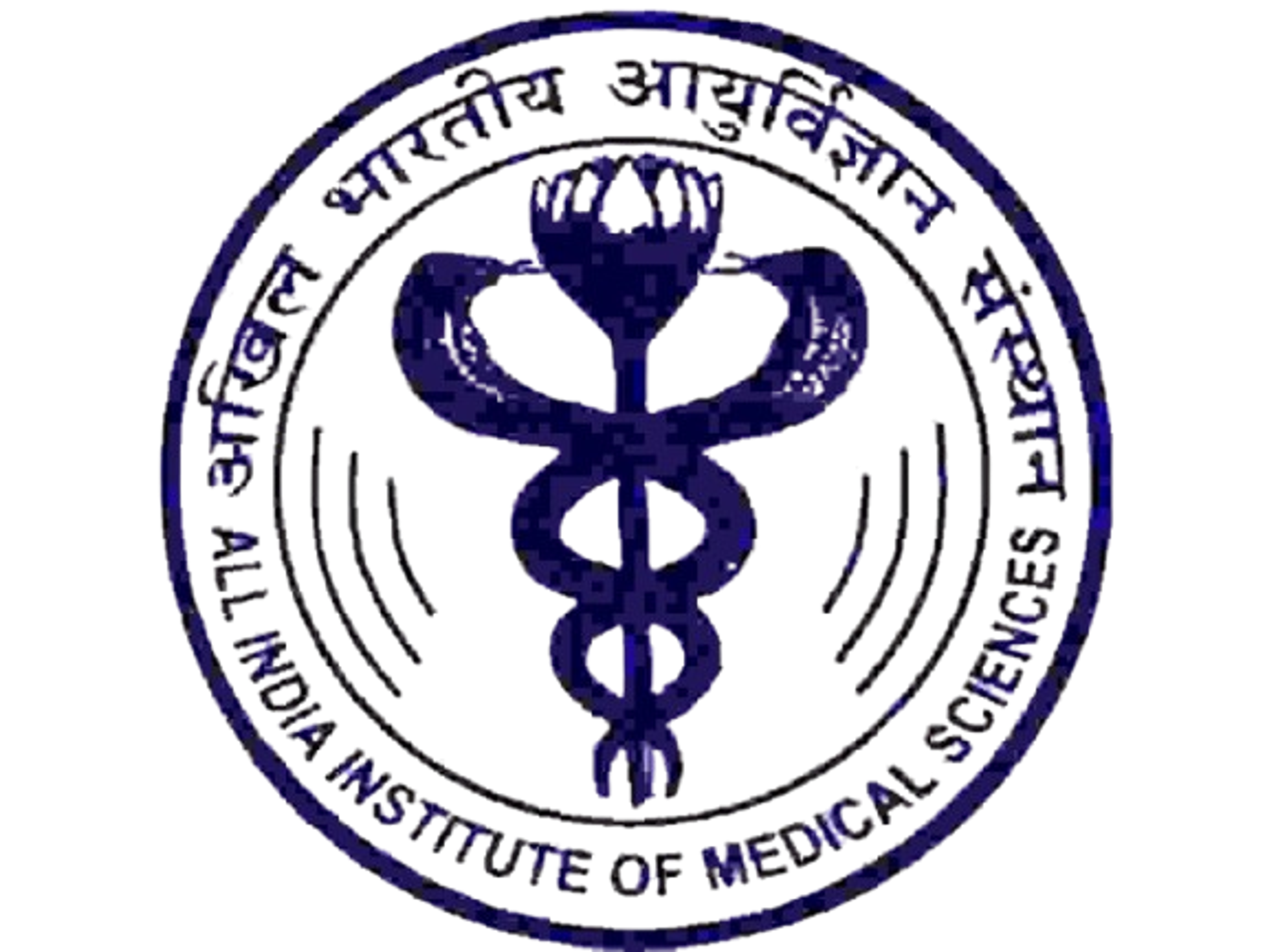
AIIMS BSc Nursing Entrance Exam
Exam Scope:
Under Graduate•Exam Date:
May 25, 2025
AIIMS Paramedical
Exam Scope:
Under Graduate•Exam Date:
Mar 31, 2026
Andhra Pradesh Engineering Agriculture and Pharmacy Common Entrance Test
Exam Scope:
Under Graduate•Exam Date:
Mar 14, 2025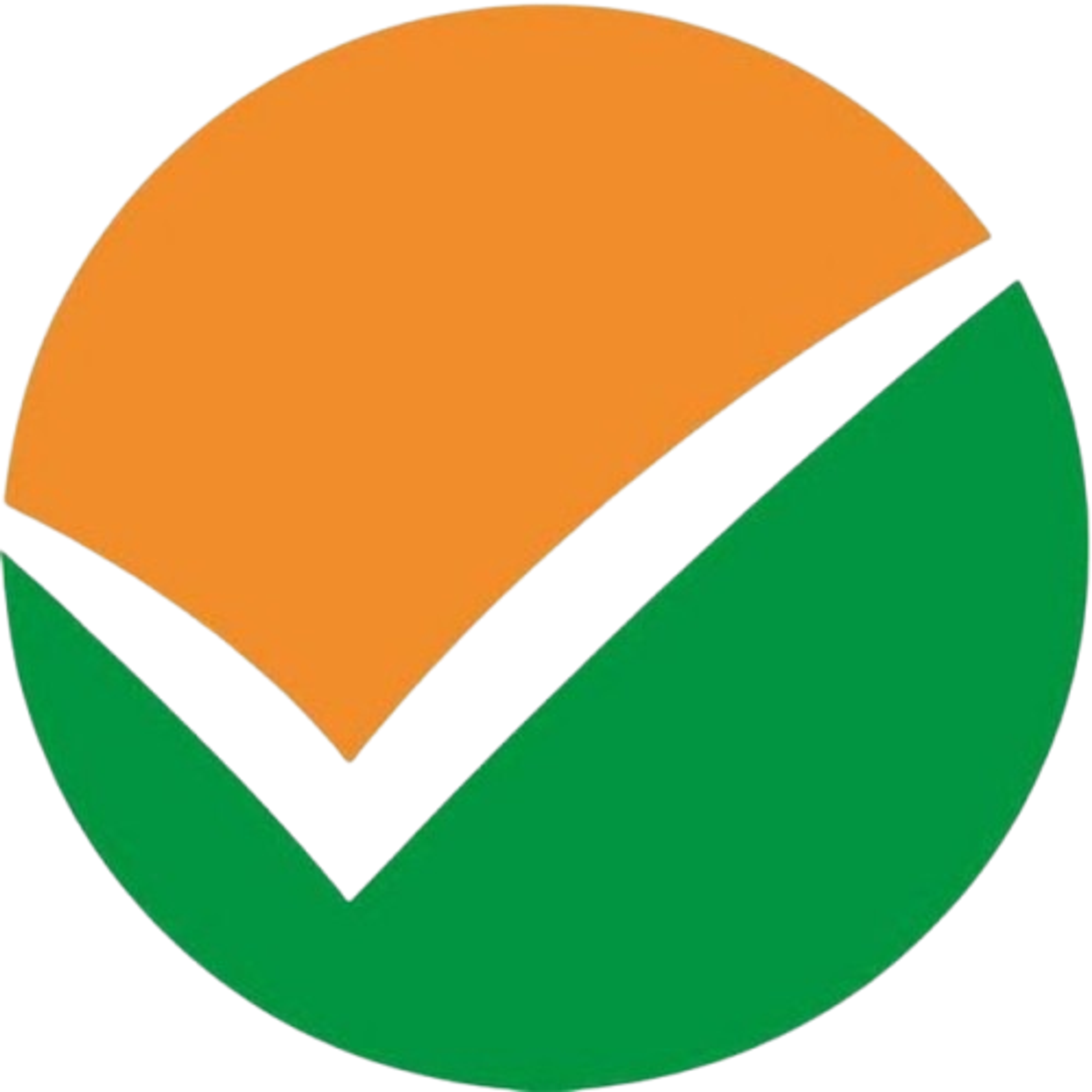
Common Universities Entrance Test
Exam Scope:
Under Graduate•Exam Date:
May 09, 2025
Consortium of Medical Engineering and Dental Colleges of Karnataka Under Graduate Entrance Test
Exam Scope:
Graduate•Exam Date:
Mar 02, 2025INR 3200
Application FeeBachelor of Science [B.Sc]
BSc Curriculum
The syllabus varies by specialization but generally covers foundational sciences.
Year-Wise Syllabus (General BSc)
Year | Subjects |
Year 1 | Physics I, Chemistry I, Mathematics I/Biology I, Environmental Science, English |
Year 2 | Physics II, Chemistry II, Mathematics II/Biology II, Computer Applications, Elective I |
Year 3 | Advanced Specialization Subjects, Project Work, Elective II, Internship/Practical |
Top Colleges
Bachelor of Science [B.Sc]
BSc Eligibility
To qualify for a Bachelor of Science (BSc) degree, there are certain eligibility criteria to be followed. Educational qualifications, stream of study, minimum marks, age limit, etc. would vary by the university/college that is offering the study program.
Particulars | Details |
Educational Requirement | 10+2 (Higher Secondary) from a recognized board |
Stream | Science (Physics, Chemistry, Mathematics/Biology) |
Minimum Marks | 50%-60% aggregate (varies by institute; relaxations for reserved categories) |
Age Limit | Generally 17-25 years (institute-specific) |
Bachelor of Science [B.Sc]
BSc Admissions
The admission process for the BSc in India is primarily merit-based or through entrance exams. Steps include:
- Complete 10+2 in the Science stream.
- Apply via university portals or centralized systems like CUET.
- Appear for entrance exams if required (e.g., CUET UG).
- Participate in counseling and seat allotment based on scores/merit.
- Submit documents and pay fees to confirm admission.
Bachelor of Science [B.Sc]
BSc Fees
In India, the fee structure for the Bachelor of Science (BSc) program will differ depending on the type of institution. Among institutions, government colleges will generally are the cheapest. Private colleges and distance colleges will have very different cost structures.
Type | Average Fees (per year) |
Government Colleges | ₹5,000-₹50,000 |
Private Colleges | ₹50,000-₹2,00,000 |
Distance/Online | ₹10,000-₹30,000 |
Bachelor of Science [B.Sc]
BSc Placements
A BSc degree will allow for numerous careers with various bottom-line salary ranges. The average salary for a BSc graduate depends on the type of position in a sector, the years of experience, and their field of study.
Role | Average Salary (₹ per year) |
Research Assistant | ₹3,00,000-₹5,00,000 |
Data Analyst | ₹4,00,000-₹7,00,000 |
Lab Technician | ₹2,50,000-₹4,00,000 |
Teacher/Lecturer | ₹3,50,000-₹6,00,000 |
Biotechnologist | ₹4,00,000-₹8,00,000 |

Not sure what you are looking for? Connect with our counsellors.
Login helps you find curated results for your requirement.
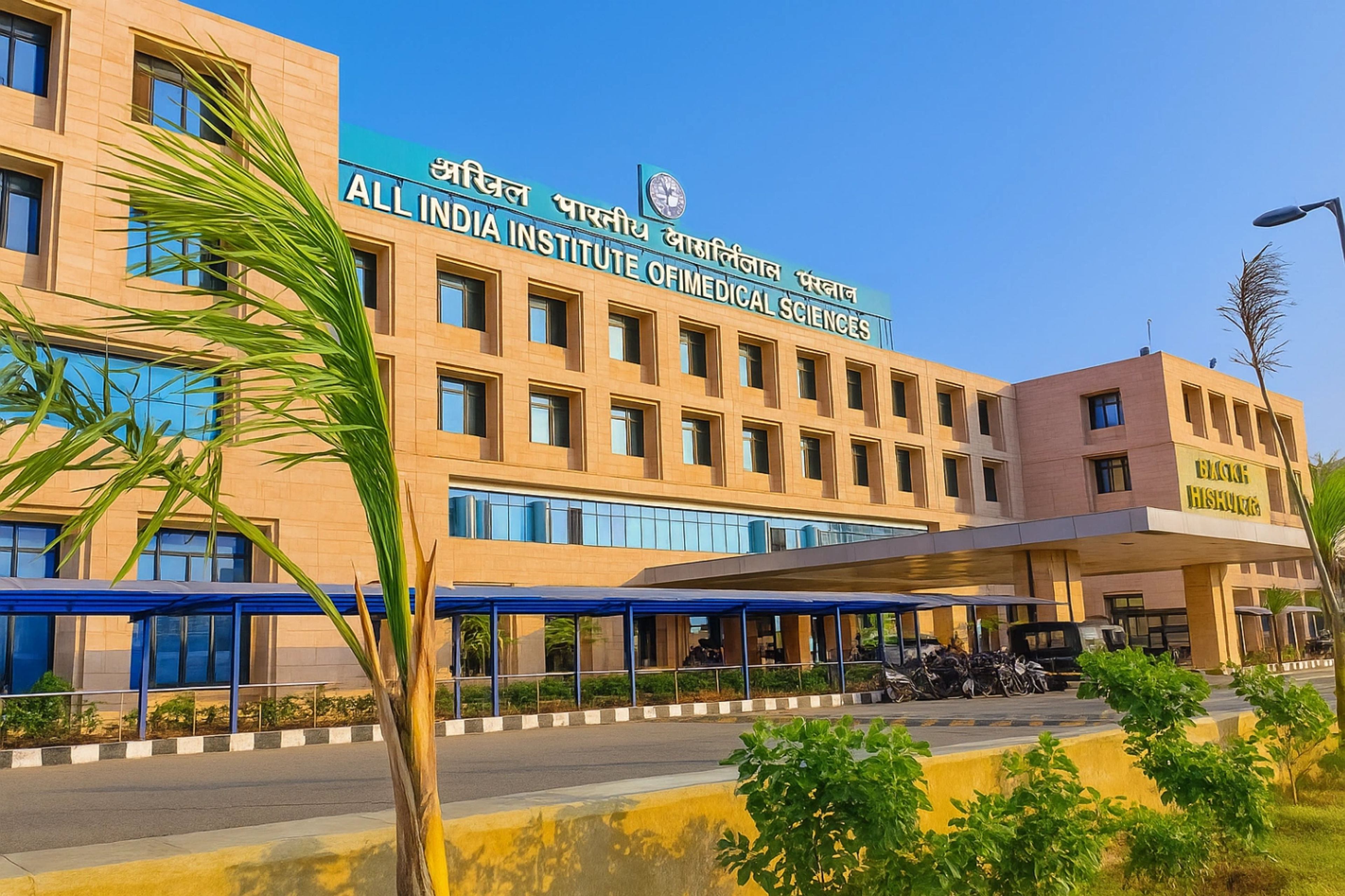


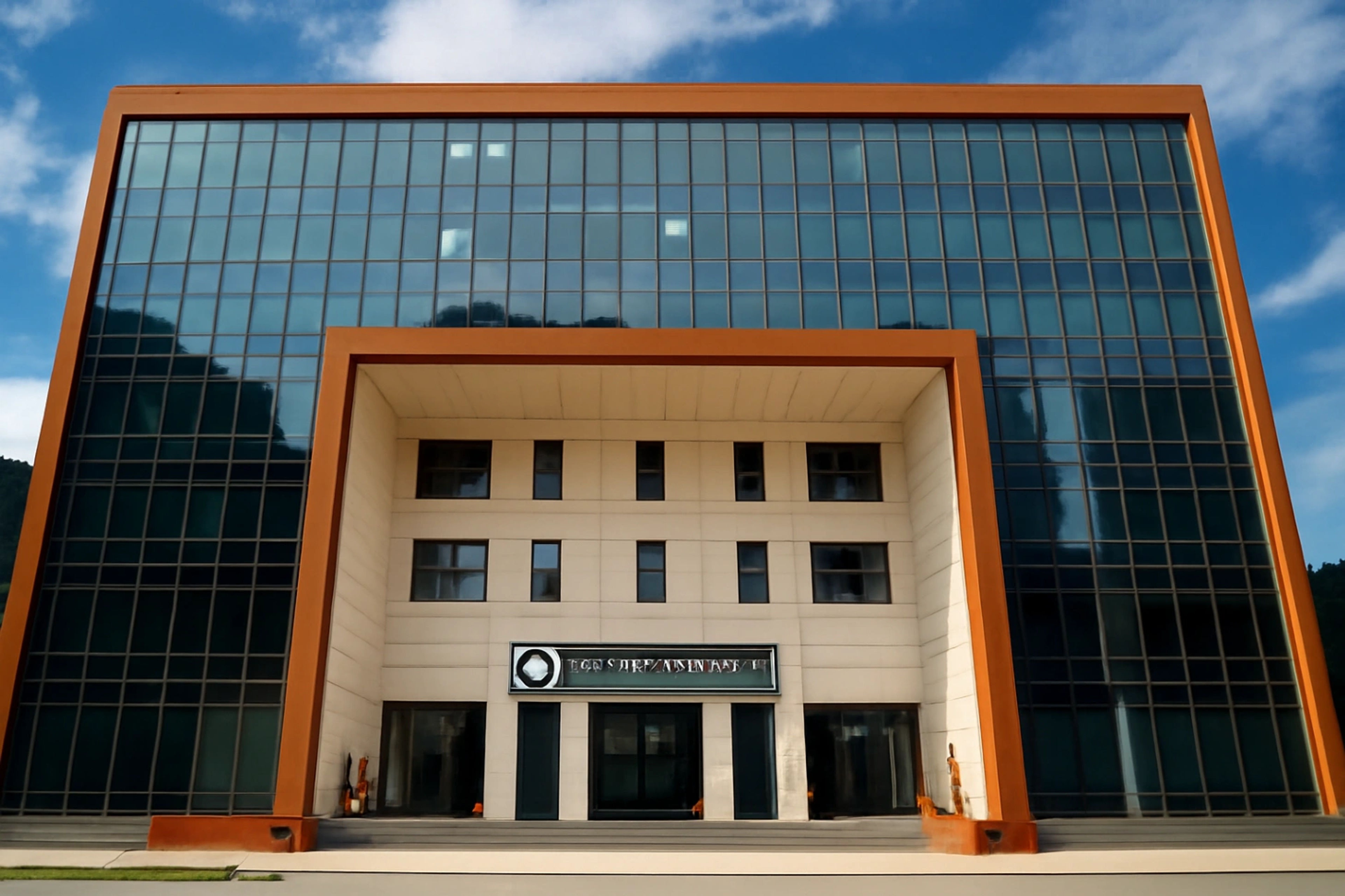

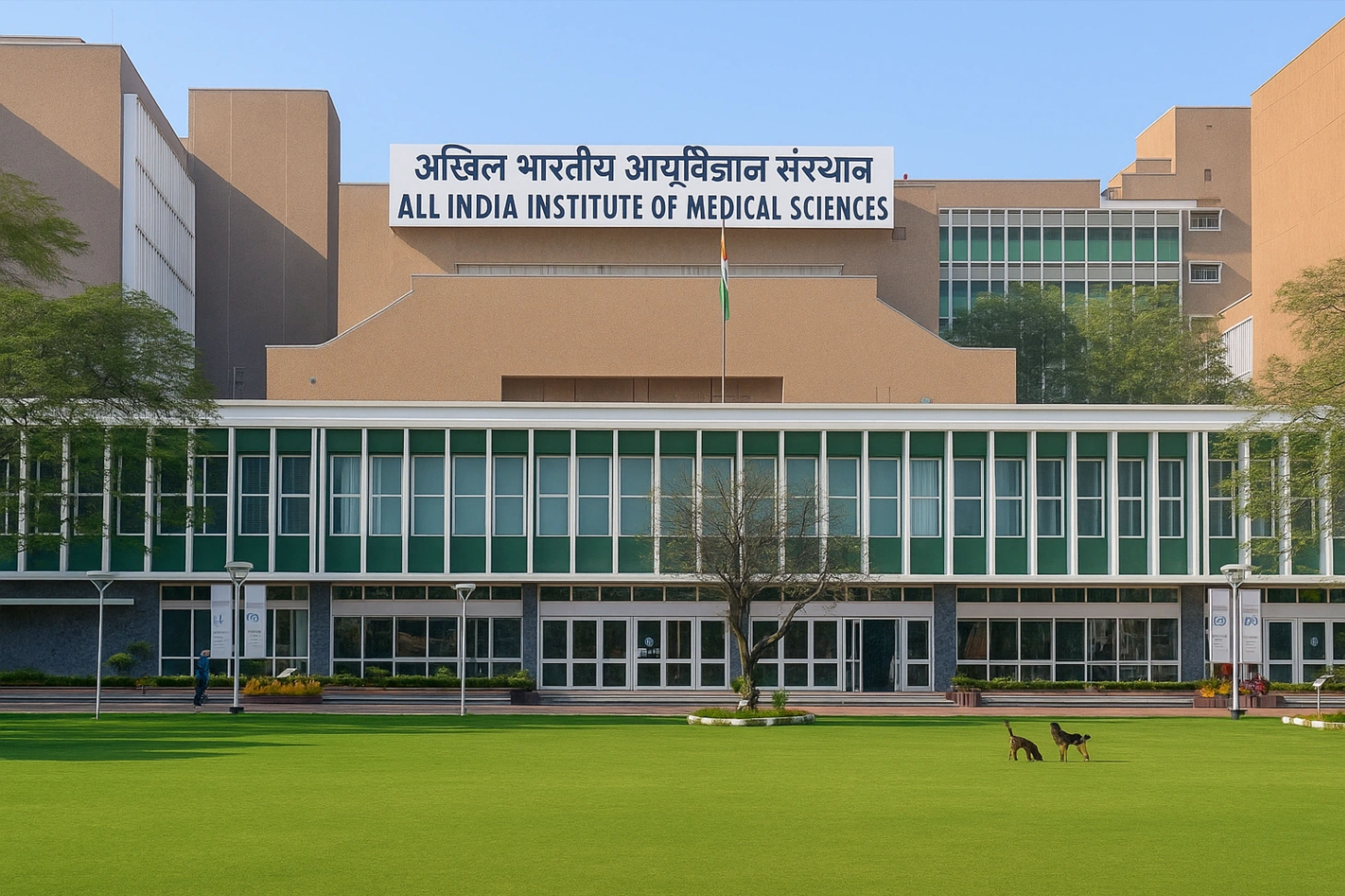
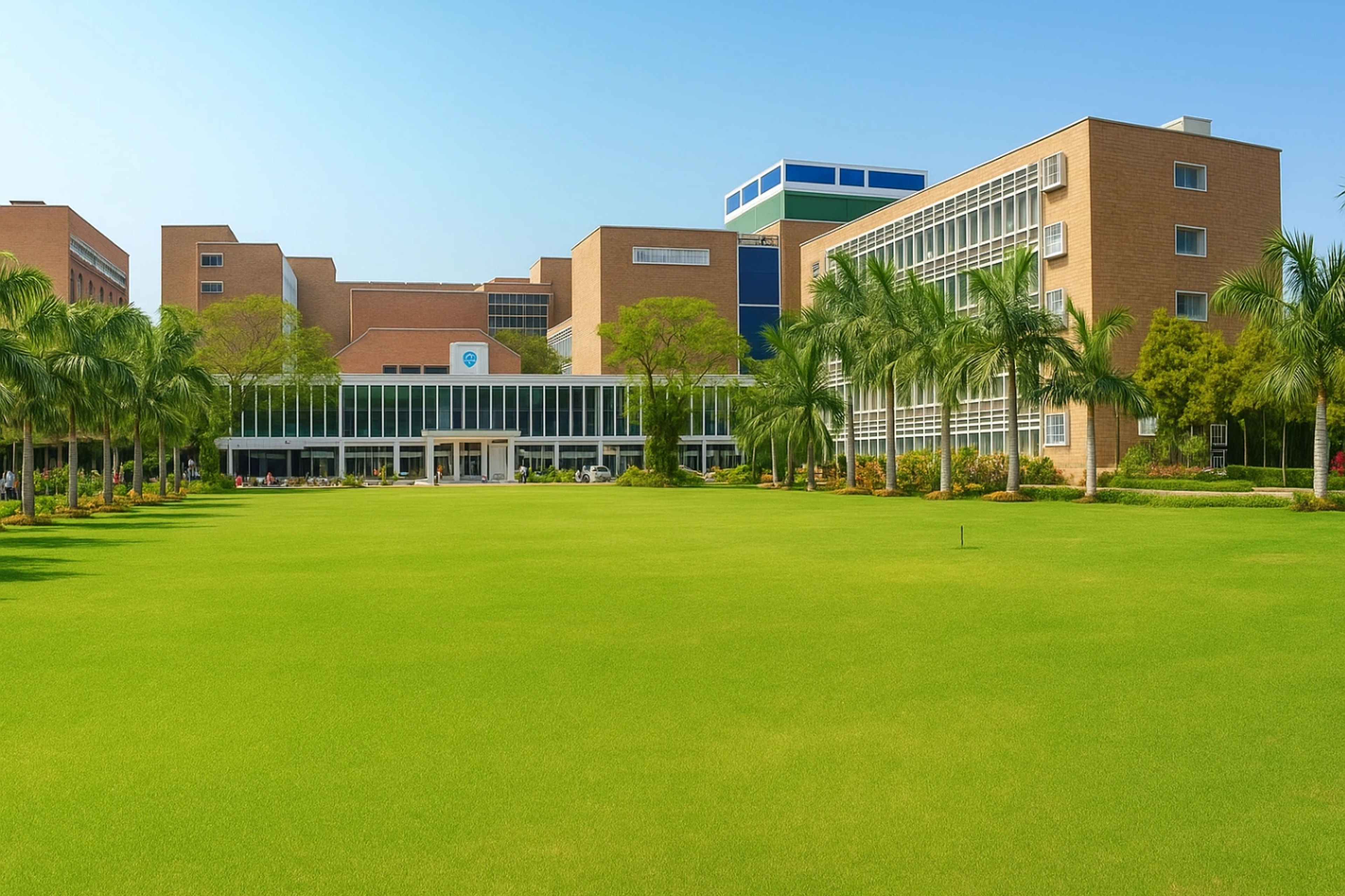



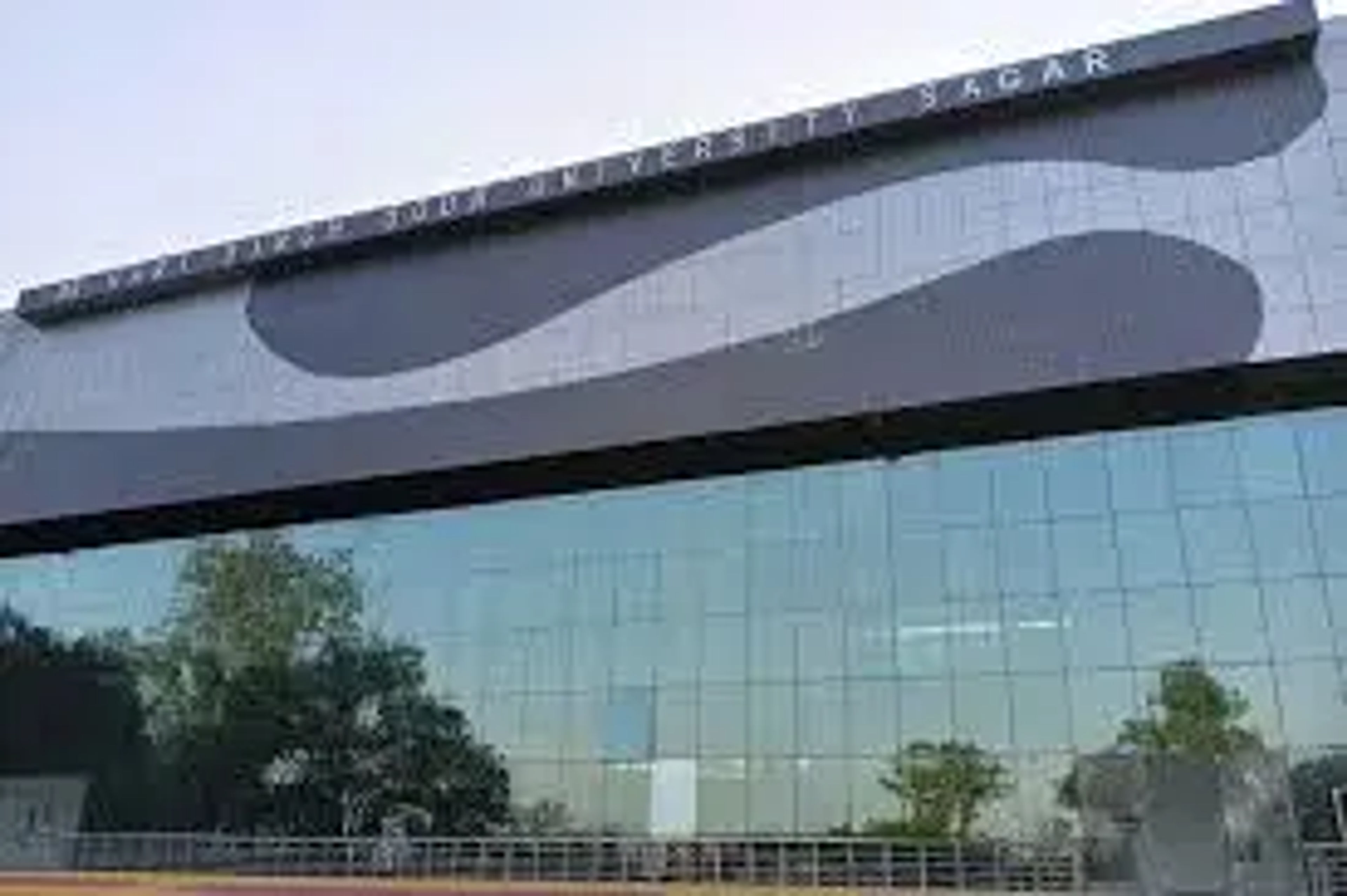

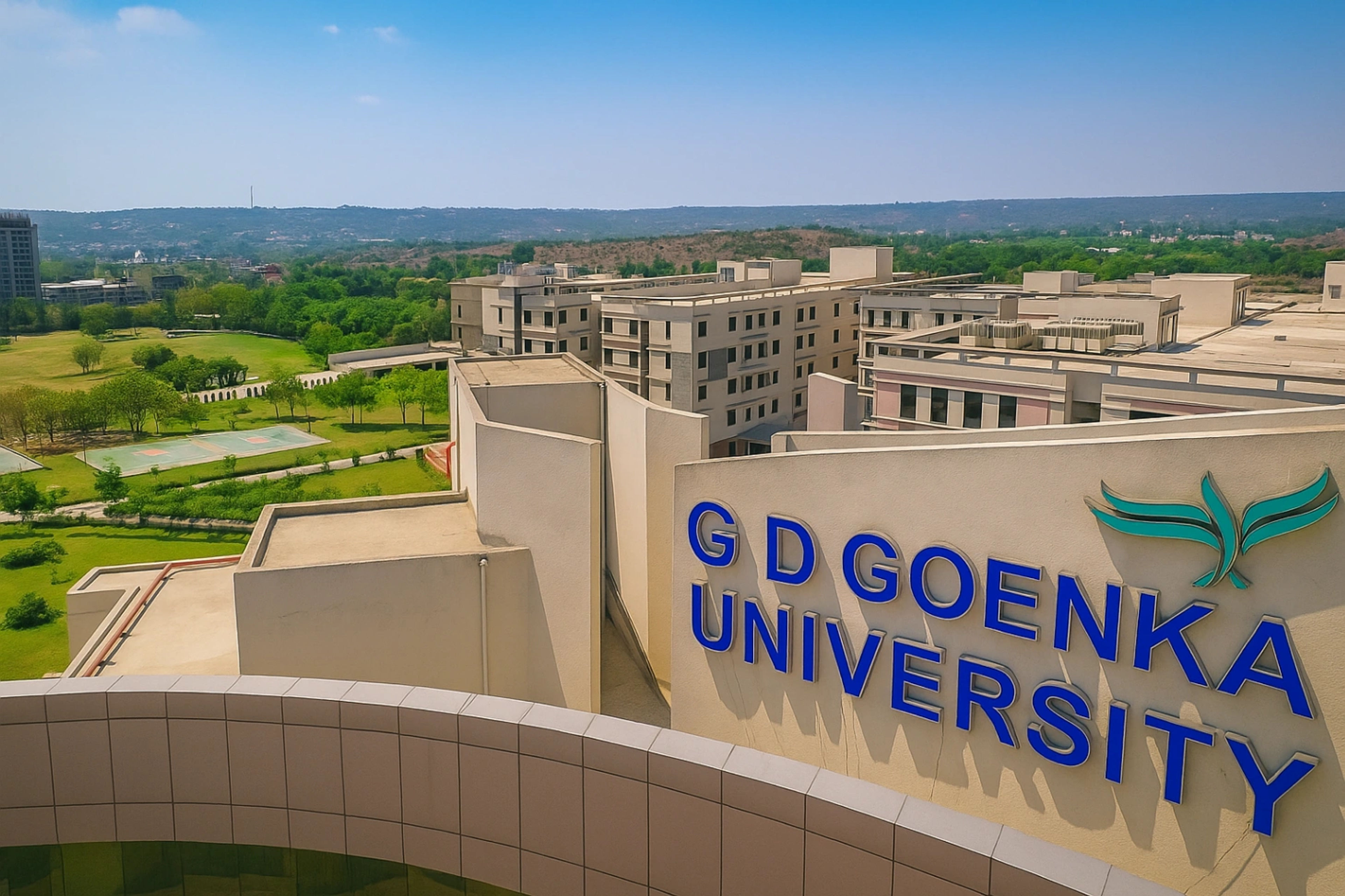
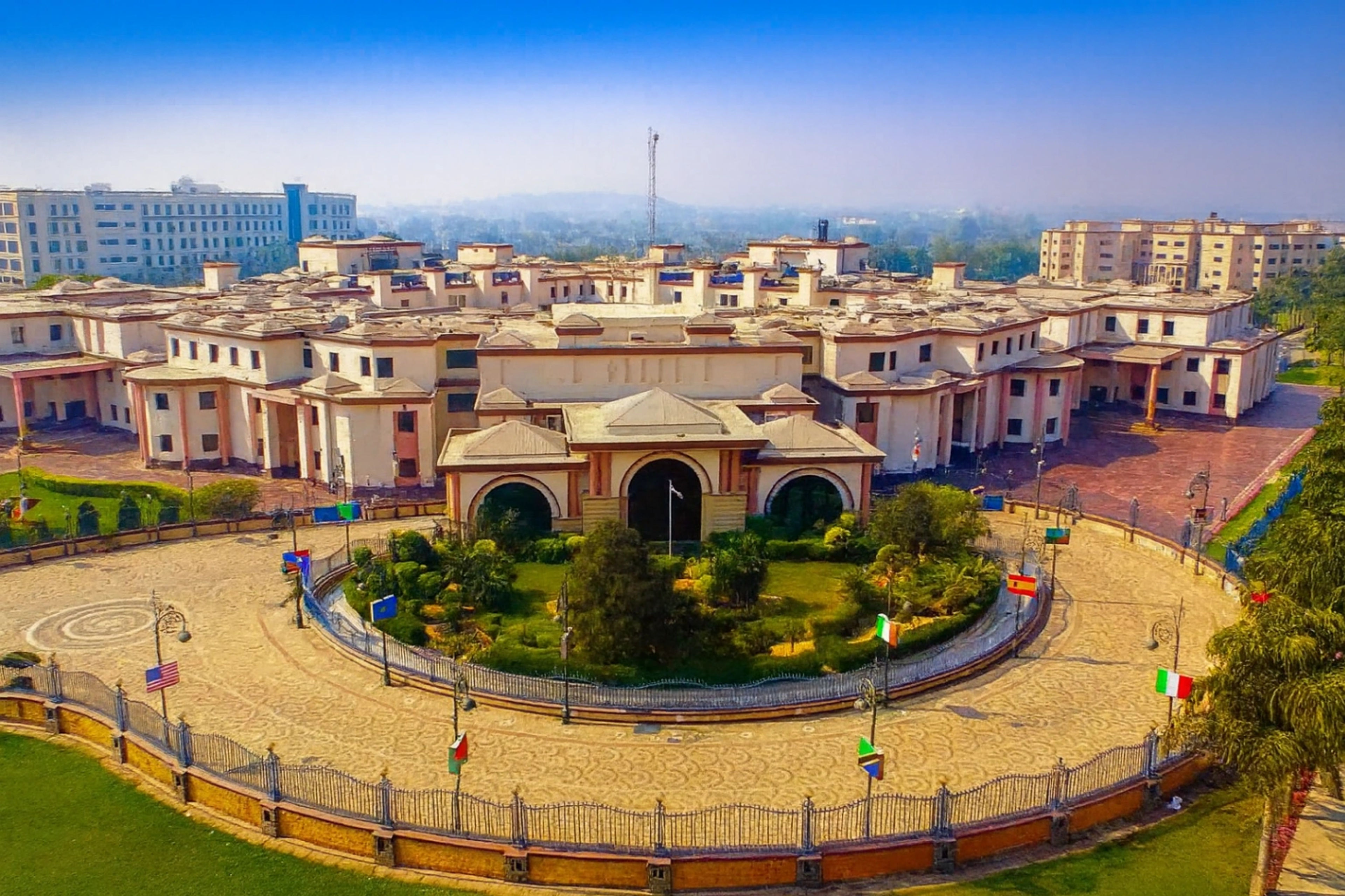








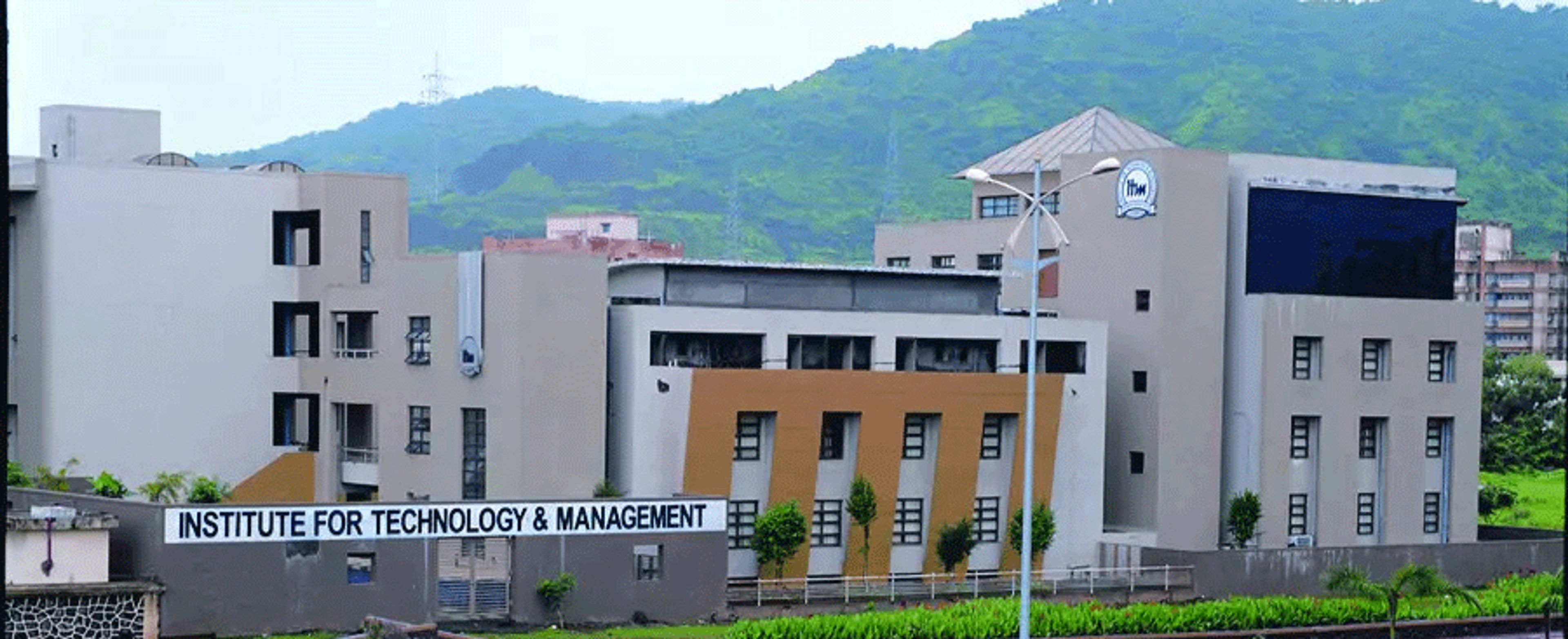

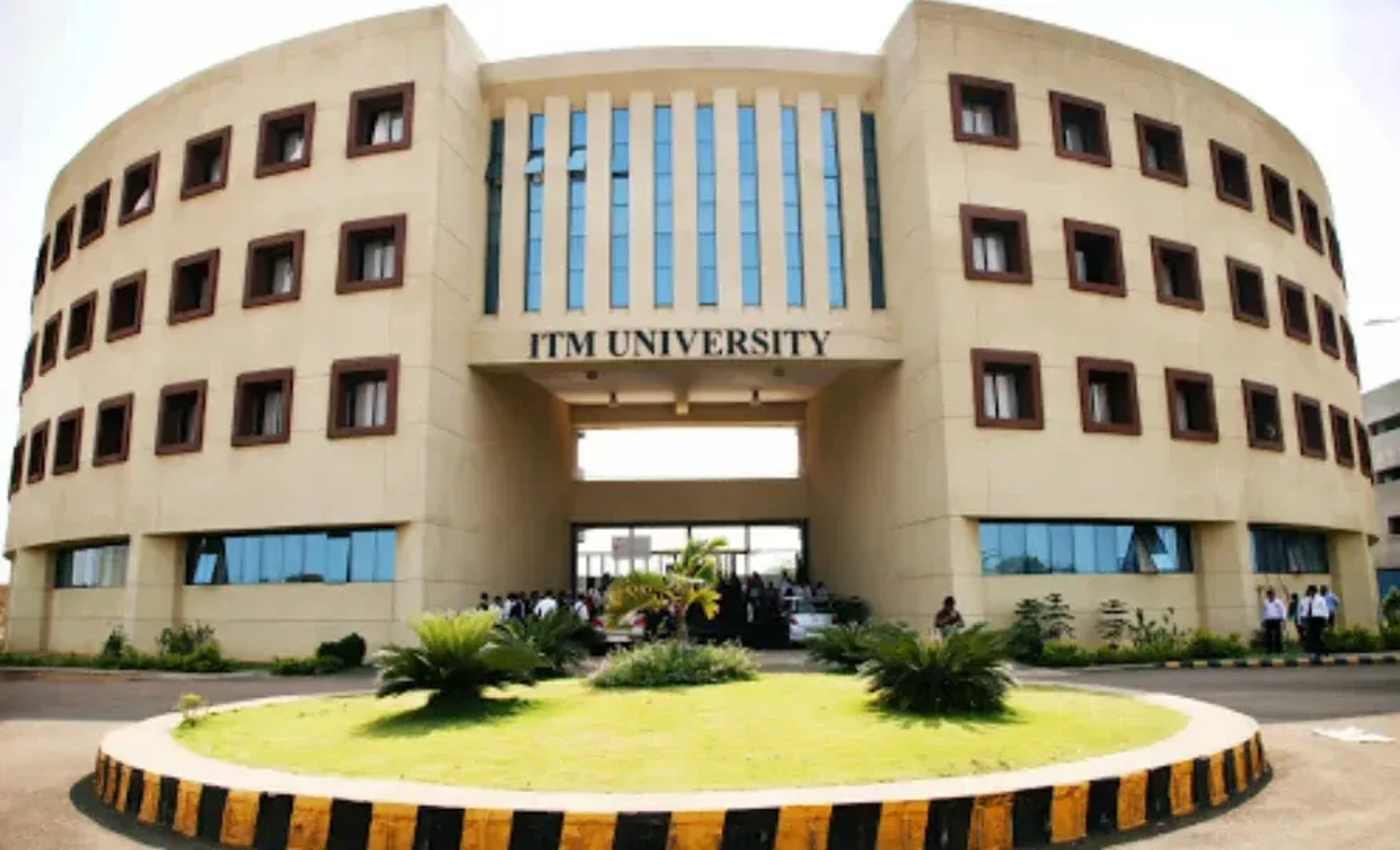
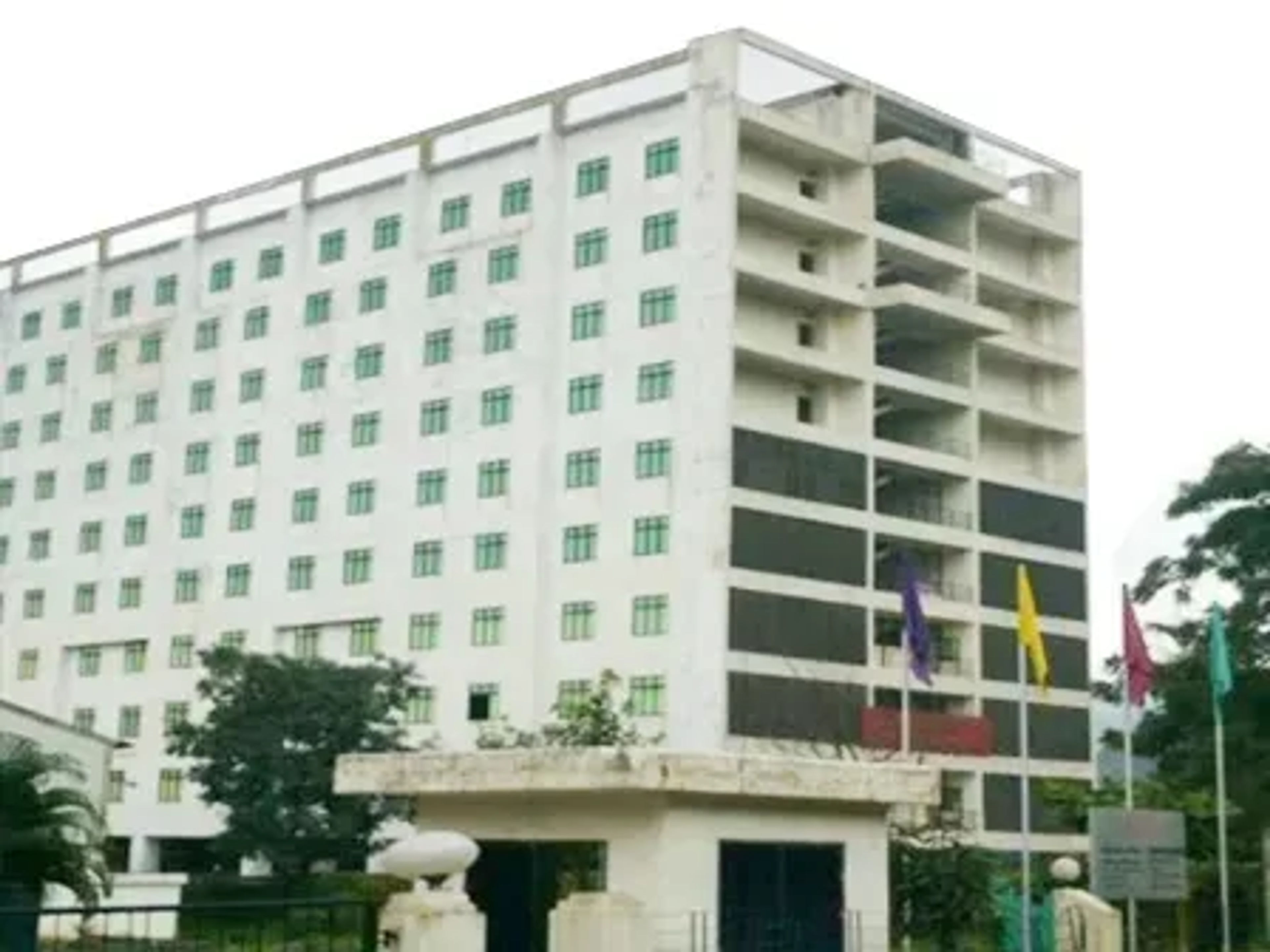

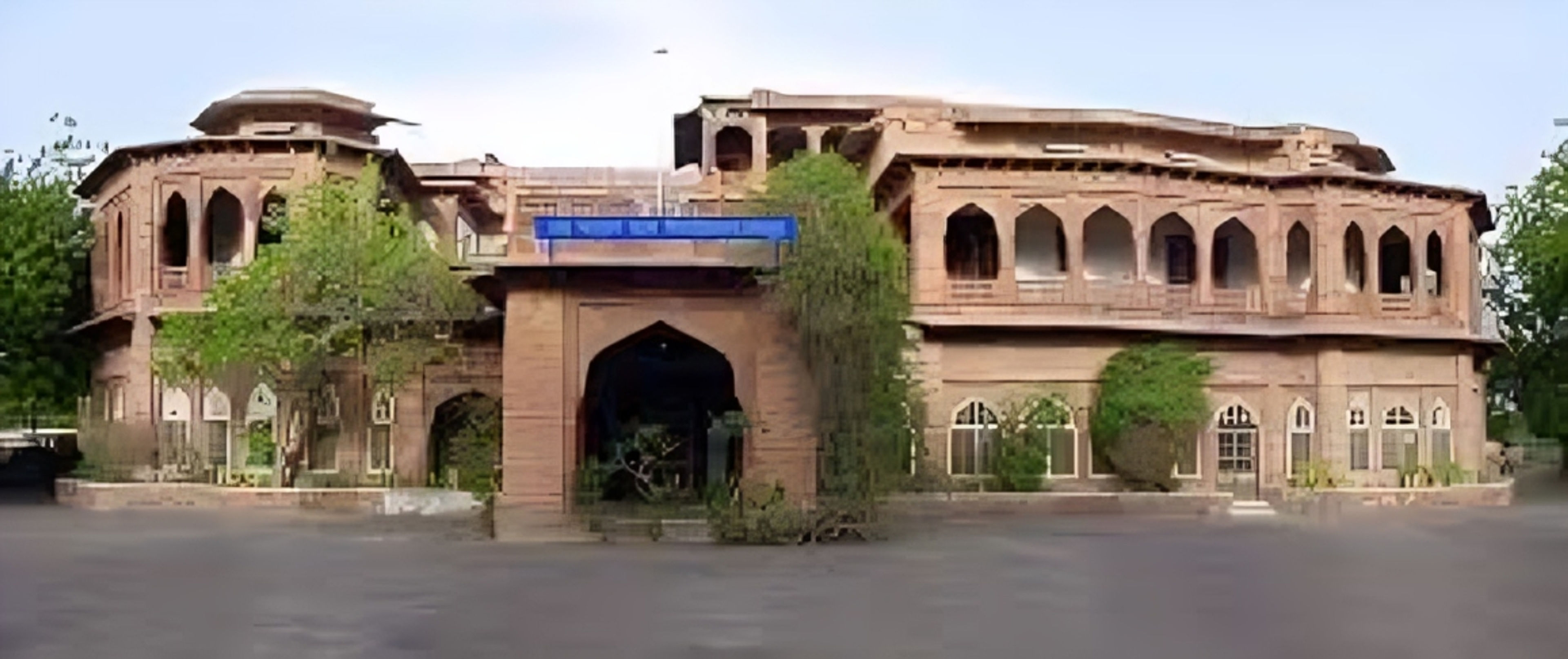

![Maharashtra University of Health Sciences - [MUHS] Maharashtra University of Health Sciences - [MUHS]](https://ik.imagekit.io/syustaging/SYU_PREPROD/image_1734687177741_XtdlOolY3V.webp?tr=w-3840)
